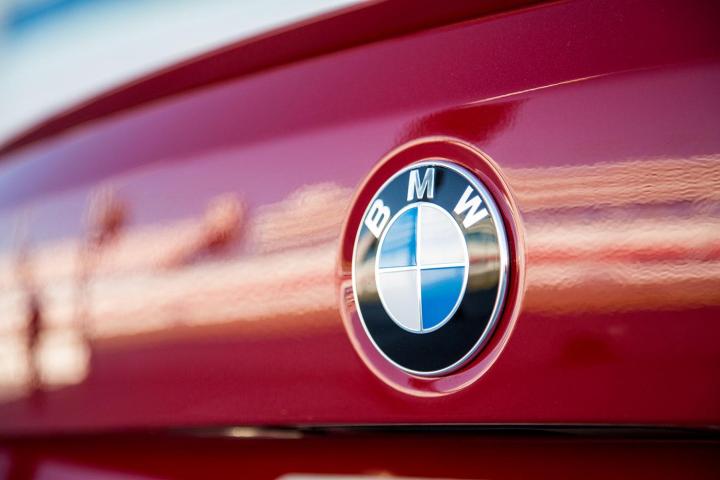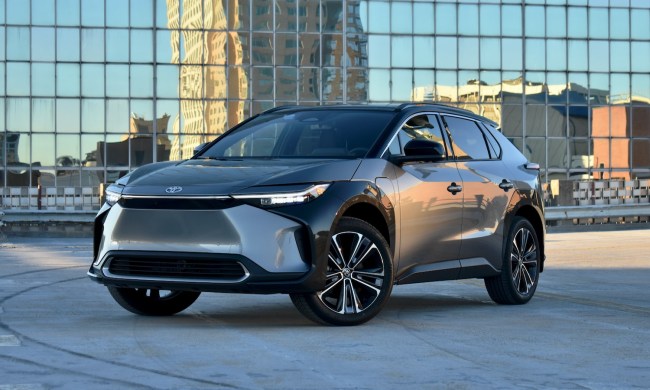
BMW has proven itself not only a leader when it comes to luxury automobiles, but also in terms of sustainability. Already, the company has delivered over 200,000 electrified vehicles to customers around the world, and as it is looks to improving this figure even further, it may be getting some help from Solid Power. The Colorado-based company specializes in solid-state rechargeable batteries, and has just announced a partnership with the BMW Group.
Solid Power’s batteries will likely help power the burgeoning number of EVs in BMW’s portfolio. Indeed, as electric cars become more mature and ranges are extended, new technologies will need to appear on the scene. Solid-state batteries are one of these technologies, as they’re said to offer a longer electrical range with better safety and performance when compared to traditional Li-ion battery cells.
Solid Power’s solid-state batteries claim to be unique in that they contain no liquid electrolytes, and are instead made of inorganic materials that allegedly produce higher energy density but without volatile or flammable components. As such, Solid Power believes its batteries are a prime candidate for improving BMW’s EVs, and equipping them with better driving range and a longer shelf-life batteries capable of withstanding high temperatures.
“Since the company’s inception, the Solid Power team has worked to develop and scale a competitive solid-state battery paying special attention to safety, performance, and cost,” said Doug Campbell, founder and CEO of Solid Power. “Collaborating with BMW is further validation that solid-state battery innovations will continue to improve electric vehicles. We’re looking forward to working with BMW on pushing the limits on developments around xEV batteries.”
Indeed, Solid Power has met with quite a bit of success since the company’s inception in 2012. Throughout the first six months of 2017, the company expanded rapidly, most recently moving into a new facility in Louisville, Colorado after spinning out of the University of Colorado Boulder. Its new facility, the company says, will allow Solid Power to “triple its footprint and build out the capabilities necessary to deliver commercial-quality solid-state battery prototypes, from new material synthesis through cell and battery assembly.” So if you’re looking to buy a BMW EV in the next few years, it just might be powered by a battery from this Colorado company.


